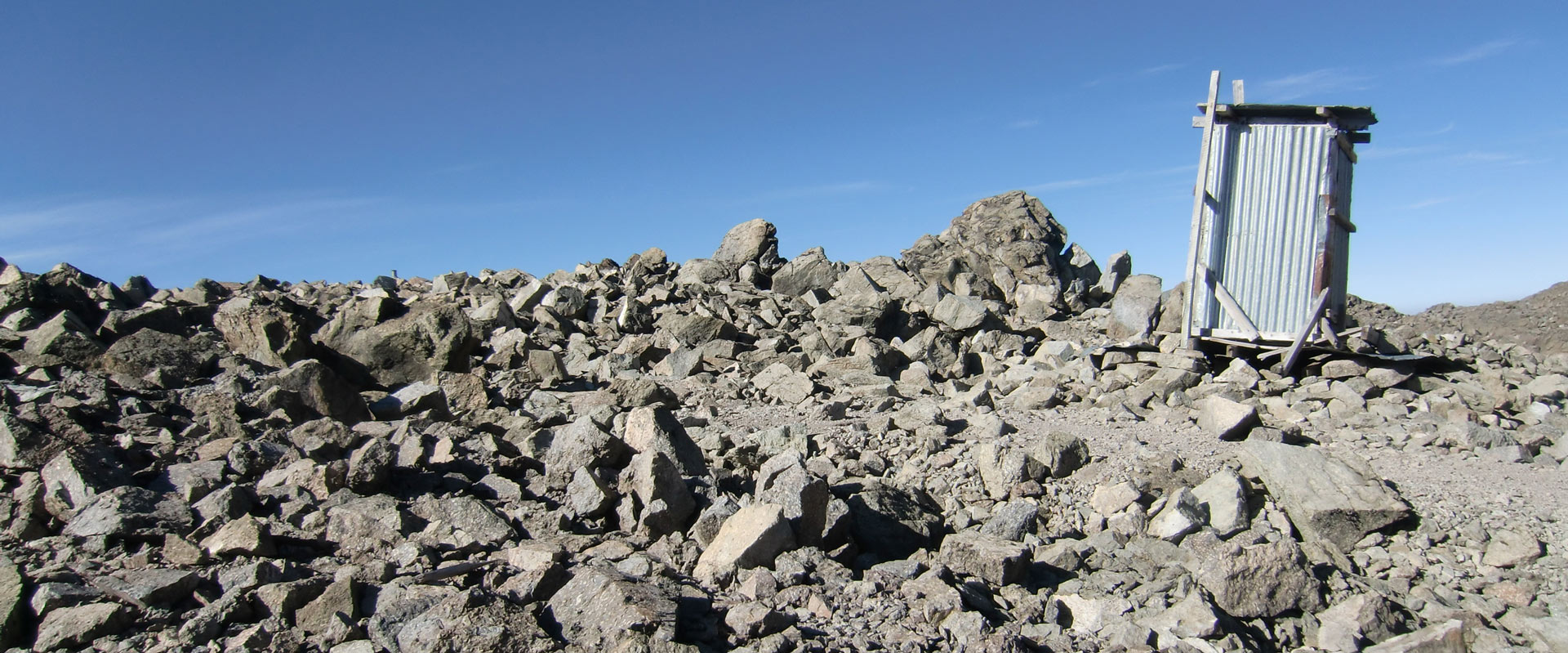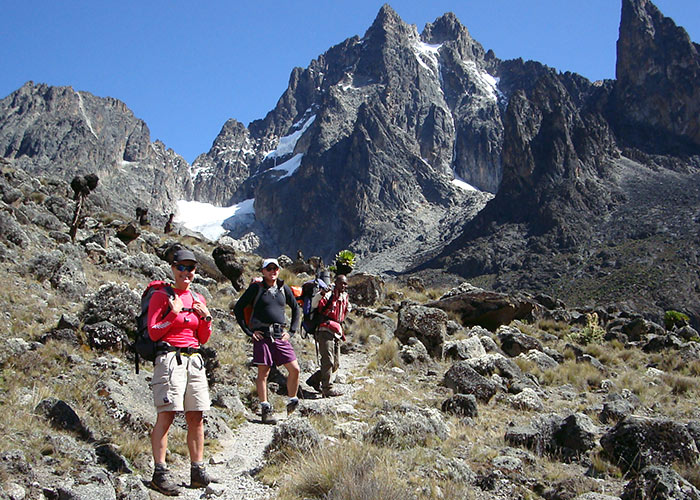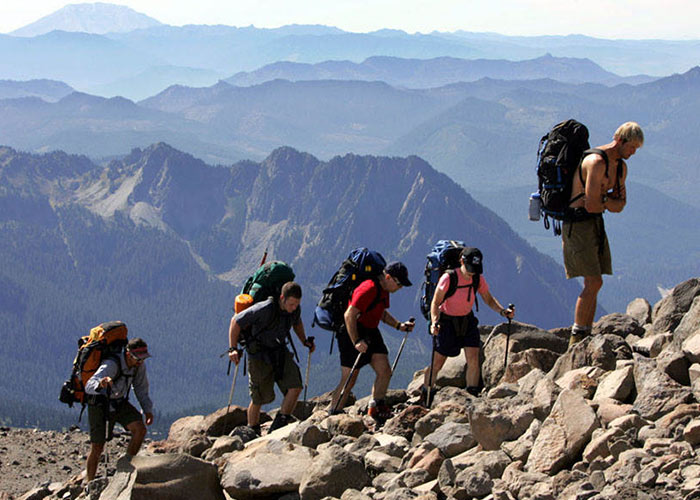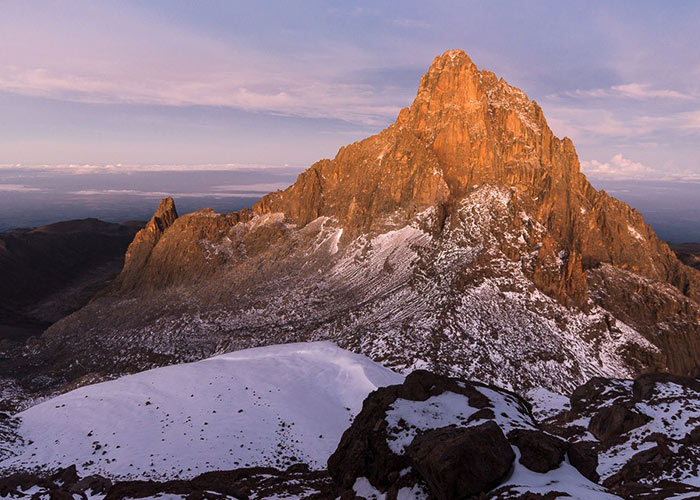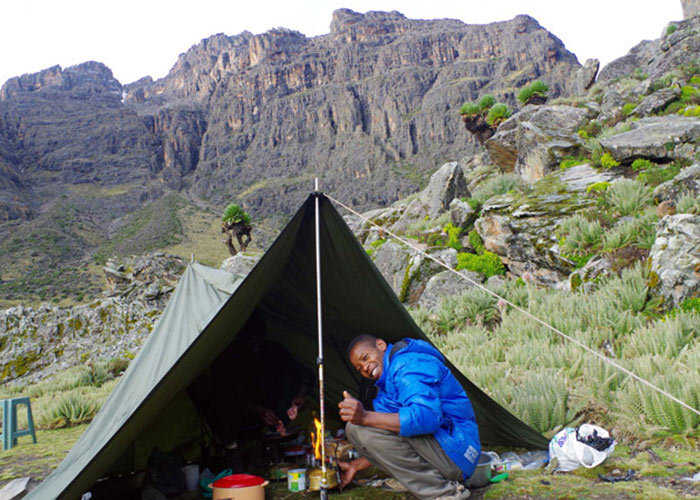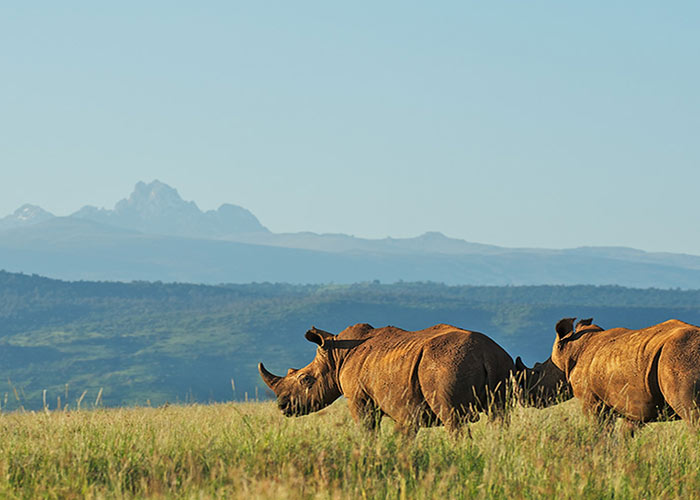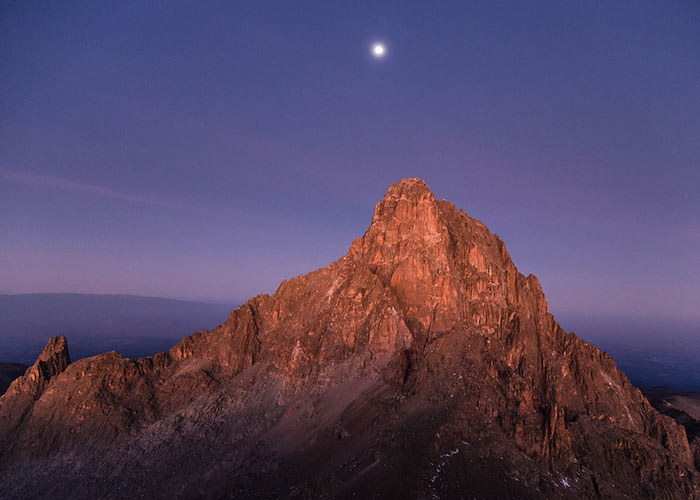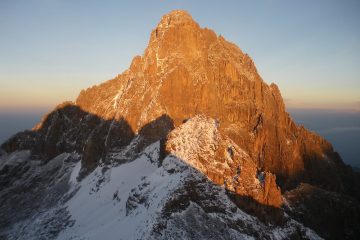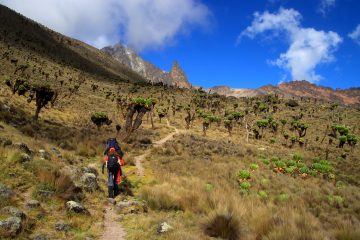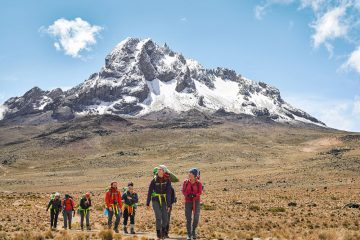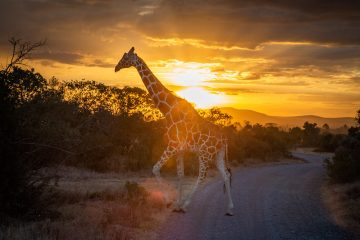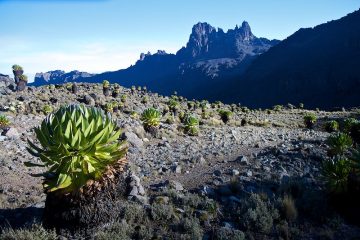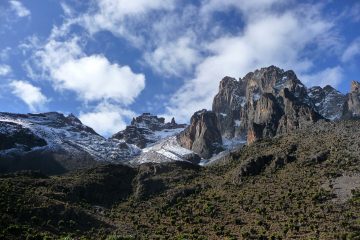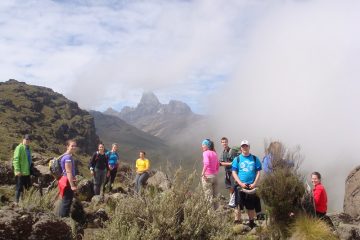Toilets on Mount Kenya are not a complicated affair and come in the form of very basic structures. Latrines, which are wooden shelters with a floor and frequently a lengthy drop, are available at all campgrounds. Some latrines are worse than others, and cleaning them is not the rangers’ responsibility. Many of the difficulties are created by people who miss the hole and don’t clean up after themselves, thus company employees can execute this duty under stress. A trip to the lavatory might be a depressing affair at times. It is critical to bring a lamp at night and to take responsibility for keeping the shelters clean. After that, a little bottle of hand sanitizer is highly advised.
Going to the bathroom behind a bush is completely prohibited, and if found, the Ranger has the ability to exclude individuals from the mountain and punish the business.
- Toilets range from pit toilets to full-flush, luxury amenities that might appear in the most unexpected places.
- Nearly all hotels have flushable sit-down toilets, although seats at less expensive establishments may be scarce — either they’re coveted trophy hunting souvenirs or there’s a big stockpile of missing lids someplace…
- Although public toilets are few in cities, there are a few somewhat less-than-sanitary pay facilities in Nairobi if you just have a cent to spend.
- In more upscale wilderness camps, you could find decent toilets or a lengthy drop with some kind of sitting setup.
- When camping in animal parks, things are a little less pleasant. Squatting on cracked concrete is a typical occurrence.
- Taking used toilet paper out of the park with you when trekking is a smart idea (consider carrying sealable bags for this purpose).
Sanitation
With so many people packed in such a small space on the mountain, it’s critical to keep water supplies clean. Plan on boiling, filtering or using purification tablets to purify all drinking water. Never put soap in a water source directly. Even the best biodegradable soaps take many days to break down under optimum conditions. Before applying soap, try to go at least 10 meters away from the water source.
On the mountain, human feces is a major cause of water pollution. Use a well-established toilet if one is available (choo). The greatest decomposers of human waste are ultraviolet light from the sun and soil organisms. These soil creatures are in short supply at high elevations.
As a result, sunlight is the most effective method of breakdown. Choose a location with plenty of sunlight, away from campgrounds and pathways, and at least 30 meters from the water. Leave feces on the ground’s surface. Exposure to sunshine will be maximized by scattering and distributing the feces around. Burying feces in shallow holes is the most successful strategy at lower elevations, such as below 3500 meters, where soils are rich in decomposing organisms. Toilet paper and sanitary towels should be thrown away with the rest of the garbage.
Rubbish disposal on Mount Kenya
The staff collects all trash and transports it down the mountain. Do not toss trash down the lengthy drop (toilet paper is acceptable) and make it a practice to clean up garbage along the route. Every visitor bears responsibility for maintaining the mountain’s cleanliness.
Keeping Mount Kenya Greener
Careless hikers’ trash is not only a nuisance, but it may also be detrimental to animals of all kinds.
There are no suitable garbage disposal facilities on the mountain, thus rubbish must be carried off. In this habitat, buried litter decomposes very slowly and is likely to be picked out by animals. As a result, unsightly and hazardous waste dumps emerge. It is against the law to burn anything.
When you return, you will be requested to produce your litter at the gate.
If you have spare materials, donate them to someone who will put them to good use. Leave them out of the litter box.
Feeding the animals interrupts their regular living, increases the influence on the plants surrounding the huts/campgrounds, and may end in the animal’s death.
Participate in the Mt. Kenya cleaning. Bring more than just your litter back with you. This will aid in the cleaning of the mountain.
Related: Toilets on Mount Kilimanjaro

